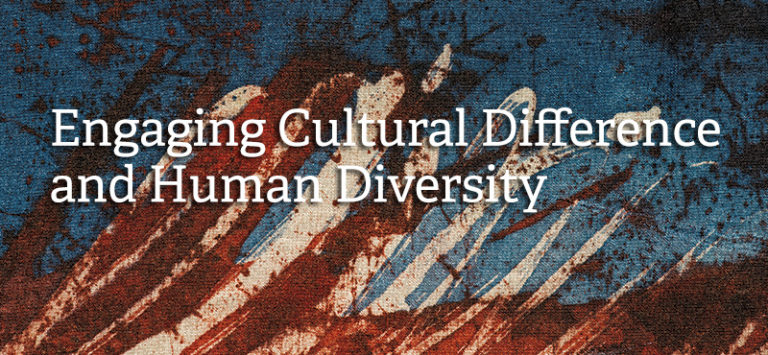
Uncomfortable, even risky questions lie at the heart of the Mind & Life Institute’s 15th annual Summer Research Institute (SRI), which begins June 2. Given the human capacity for empathy and intrinsic interdependence with others, what is it that drives us apart?
“If we’re all so good at connectivity and inclusivity, then why are we so awful to each other?” asks Carol Worthman, Ph.D., an anthropology professor at Emory University, and co-chair, with Middlebury College professor William Waldron, Ph.D. of the event’s planning committee. “What creates division? Alienation? And if recognizing both connection and difference is intrinsic to being human, how can we grow more wise, and really seek to ameliorate human suffering?”
If the considerations for this year’s week-long gathering at the Garrison Institute in upstate New York feel immense, they also come in an era in which division and disharmony has never felt more monolithic.
Building on last year’s theme of connectivity, SRI planners say this year’s theme is not only timely, but critically relevant. Addressing the 130 attendees will be diverse faculty and moderators—experts in everything from law to psychiatry, anthropology to social psychology, Taoism to cognitive neuroscience. Over six days, they will take deep dives into topics ranging from the biology of othering to multicultural issues in the mindfulness movement, with myriad opportunities in between to consider, discuss, and connect across scientific and cultural chasms.
Over and above the multidisciplinary take on the theme, the event stands out through its carefully choreographed design. Lectures and breakouts will be complemented by contemplative practices—including meditation, yoga, and qigong—along with experiential workshops.
“We didn’t want people to simply be presented to,” says Eboni Bugg, Mind & Life’s Senior Manager for Diversity, Inclusion, and Global Outreach and a member of the event’s planning committee. “We believe that a program focused on how difference is constructed and enacted, the concept of ‘othering,’ would be incomplete if only examined through an academic lens or silent contemplative practice. Our goal,” she adds, “is to provide an opportunity for attendees to have intellectual, interpersonal, as well as embodied experiences to investigate these concepts.”
While some may arrive at this gathering heavy-hearted after years of observing cruel wars, the tragedy of mass migrations, intense cultural discord, and ugly political upheaval revealing deeply-rooted prejudices, the gathering aims to provide a sense of ‘where to from here’ clarity, along with the promise of uplift, too. It all, say organizers, begins through connection.
“We’re moving beyond simply criticizing and condemning people for being prejudiced,” says Waldron, “and bringing to bear the findings of those who rigorously study prejudice and conflict, particularly in the social sciences, not just to understand why it happens but to suggest, based on our understandings, what some useful, practical remedies might be.”
Another chance for Mind & Life, says Worthman, to initiate difficult but worthy conversations to inform much-needed change.
“The new can be scary,” she says, “but I hope that these practitioners, having looked at some things in new ways—and that includes ideas, as well as scientific, interpersonal, and internal techniques—will use what they learn to support and enrich and inspire the work they do going forward. Attendees will have a new set of people, things to read, folks to follow, and personal relationships, networks, and ways of fitting into the world that they didn’t have before.”
Bugg agrees. “My hope is that collaboration will arise, and we’ll think differently about how we conduct research,” she says. “If we’re successful, people will take away new tools and awareness that will impact their own journey and efforts to dismantle racism and oppression.”
Event planners emphasize that the means of inquiry needs to be as diverse and complex as the subject—something that Mind & Life Institute’s 2018 SRI promises to deliver.

